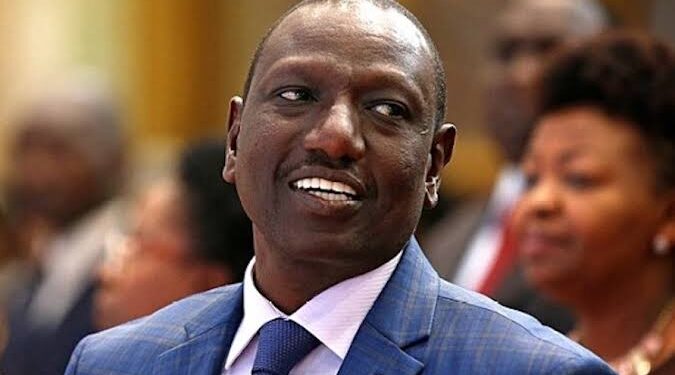Kenyan lawmakers are gearing up to impeach Deputy President Rigathi Gachagua, who is increasingly being labeled as a thorn in President William Ruto’s side. This escalating rift between the President and his deputy reflects a disturbing trend in Kenyan politics that seems to inch ever closer to autocracy.
What They Are saying
Majority Leader Kimani Ichung’wah, confirmed on Sunday that he has signed an impeachment motion against Gachagua, claiming the Deputy President has been undermining the government from within. “It is true there is an impeachment motion against the deputy president,” he stated, clearly excited about this power play.
His words echoed a sentiment many are beginning to feel: “No doubt that President Ruto has become a dictator.” And who could argue? This drama develops as a result of the protest that erupted over a controversial finance bill, resulting in over 50 deaths and forcining Ruto retract the legislation and sack most of his cabinet. It’s as if Ruto, “the acclaimed saviour of the people”: has allowed to dictatorship to crawl in.

Gachagua, meanwhile, is scrambling to defend his reputation, claiming he has been sidelined in the government’s decisions. He has dismissed accusations linking him to the unrest as “a futile attempt to soil my name” and insists that any impeachment motion would need Ruto’s approval to even make it to Parliament. “Without the president’s go-ahead, the motion cannot reach parliament. If it reaches parliament, it is the president who has authorized it,” he remarked, seemingly trying to shift the spotlight back onto Ruto, where it likely belongs.
Why It Matters
The political maneuvering is evident, especially since Gachagua enjoys considerable support from the populous central region of Kenya. The attempt to unseat him could spark outrage among his constituents. It’s a precarious situation; Ruto’s administration is still reeling from the aftermath of those protests against tax hikes and rampant corruption, which have painted his leadership as ineffective, at best.
Ruto recently reshuffled his cabinet, bringing in members from the main opposition party in a bid for a “broad-based” government. Yet, activists and citizens alike are skeptical, arguing that such co-opting of the opposition merely perpetuates the cycle of political gamesmanship instead of addressing the deep-rooted issues facing Kenyans. They’re asking for real reforms.
Bottom Line
Will Ruto’s regime be able to withstand the pressure, or will Gachagua’s impeachment serve as the catalyst for a broader movement demanding real change?

















